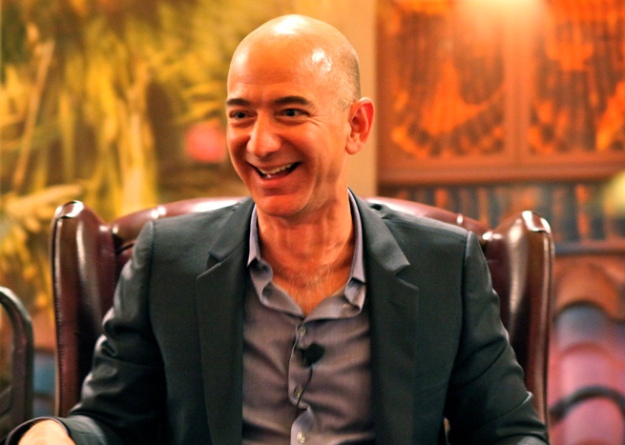
Photo (cc) 2016 by Dan Kennedy
I was intrigued to learn that embattled Washington Post publisher Will Lewis is thinking about expanding the Post’s local coverage as he seeks a way to turn around the paper’s declining fortunes. It’s an idea I’ve suggested a couple of times (here and here), so I’m heartened to see that the Post might actually move in that direction.
In Axios D.C., Cuneyt Dil reports that the product would be known as Local Plus and would be aimed at readers who are willing to pay a premium for newsletters and “exclusive experiences,” whatever that’s supposed to mean. If Lewis decides to head down that route, he’d be embracing the Post’s roots, harking back to a time when it had the highest penetration rate in the country and had more in common with large regional papers like The Boston Globe and The Philadelphia Inquirer than with The New York Times.
Of course, Lewis doesn’t have to choose since digital distribution means that the Post can continue with the national and international mission that owner Jeff Bezos set for it a decade ago.
In my 2018 book “The Return of the Moguls,” I tracked the Bezos led-transformation. Under the Graham family, from whom Bezos bought the paper in 2013, the Post was barely profitable and was accomplishing that mainly through cuts. The Grahams’ final play was to double down on local, unveiling the slogan “Of Washington, For Washington.”
Even in the early Bezos years, Post executives understood the value of local. For several years they offered two different digital products — a colorful, low-cost magazine-like app that contained no local news and that was aimed at a national audience, and a more traditional app that cost more and included all of the Post’s journalism, including local and regional coverage.
The Post’s major Bezos-era challenge has come since Donald Trump left the White House and a post-Trump-bump malaise hit multiple news outlets. The New York Times has been a notable exception, zooming to more than 10 million paid subscribers on the strength of its lifestyle offerings, including recipes, consumer advice and games. The Post, meanwhile, slid from 3 million to 2.5 million paid subscribers as of a year ago, and may have slipped more since then.
If the Post is going to start growing again, it has to find areas where it’s not competing head-to-head with the Times. I assume that’s what Lewis’ “third newsroom” comprising social media and lifestyle journalism comes in, although he hasn’t even begun to define what that will look like.
Local news, too, would be a smart move, and charging a premium for it makes a lot of sense.



